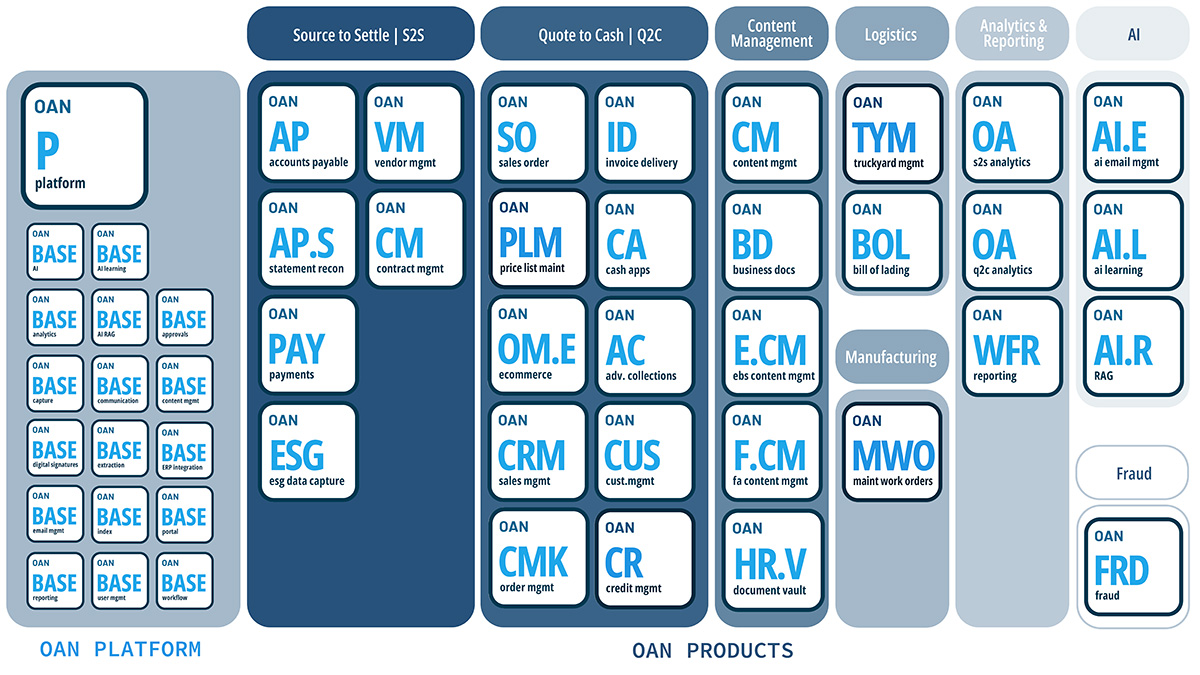In the ever-evolving world of finance, mastering Accounts Payable (AP) is a vital skill, especially if you’re just starting your journey.
Whether entering the corporate world or managing finances for a small business, understanding the fundamentals of AP can significantly impact your financial success.
This guide will explore the essential best practices tailored specifically for beginners in Accounts Payable. These practices will help you establish a strong foundation and empower you to contribute effectively to your organization’s financial well-being.
Understanding the Basics of Accounts Payable
Before diving into best practices, let’s start with the basics. What exactly is Accounts Payable, and why is it essential?
Accounts Payable is like the circulatory system of your organization’s finances.
It’s managing and tracking the money your business owes to suppliers, vendors, or creditors for goods and services purchased on credit.
Think of it as the bridge between receiving valuable products and services and ensuring those who provide them get paid promptly.
Now that we’ve grasped the importance, let’s delve into the practical side of managing AP.
1. Organize Your Documentation
The foundation of efficient AP is proper documentation.
Keep all invoices, receipts, and payment records well-organized and easily accessible. This not only ensures compliance but also simplifies audits and financial reporting. A digital document management system can be particularly useful in achieving this.
Proper documentation serves as your financial trail. It helps you track your transactions and provides evidence for tax deductions, audits, and resolving disputes.
With organized records, you can avoid missing out on potential tax savings and may find it challenging to respond to inquiries from tax authorities or auditors.
2. Establish a Clear Approval Process
Create a structured approval process for invoices. Define who is responsible for authorizing payments and set spending limits.
This reduces the risk of unauthorized expenses and enhances control. A straightforward approval process ensures that the appropriate individuals review invoices before payment.
The approval process is your first defense against fraudulent or erroneous payments.
You can prevent unauthorized spending by clearly defining who has the authority to approve invoices and how that approval is granted. Besides, you can ensure that all expenses align with your organization’s budget and objectives.
3. Embrace Digitalization
In 2023, paper-based processes are becoming obsolete.
Embrace digital solutions for invoice processing, approval workflows, and payment methods. Digitalization improves efficiency, reduces errors, and enhances security.
Software tools like cloud-based AP systems streamline the process, from receiving invoices electronically to automating payment approvals.
Digitization is more than just a trend; it’s a game-changer. It eliminates the need for physical paperwork, reduces the risk of document loss, and speeds up the processing of invoices.
With digitization, you can access your AP data from anywhere, making remote work and collaboration with team members or external partners more efficient.
4. Monitor Payment Terms
Understand the payment terms negotiated with your suppliers.
Track due dates diligently and aim to pay on time or even early when possible.
Timely payments strengthen vendor relationships and may lead to discounts. Late payments can strain these relationships and potentially harm your organization’s reputation.
Monitoring payment terms is not just about meeting deadlines; it’s about managing your cash flow effectively.
Paying on time ensures that your organization maintains good relations with suppliers, who may be more willing to offer favorable terms or pricing in the future.
5. Reconcile Accounts Regularly
Reconciliation ensures that your records match those of your suppliers.
Regularly cross-check your accounts with supplier statements to identify and resolve discrepancies promptly.
This practice not only helps maintain accuracy but also prevents over payments or underpayments.
Reconciliation is like a financial puzzle; it ensures all the pieces fit together.
By comparing your records to your suppliers’, you catch discrepancies early, reducing the risk of financial losses due to errors or disputes. It also fosters transparency and trust between your organization and your suppliers.
6. Prioritize Security
Cybersecurity is paramount when dealing with financial data. Implement robust security measures, such as secure payment gateways, encryption, and regular staff training to prevent fraud and data breaches.
Protecting sensitive financial information is a best practice and a legal requirement in many jurisdictions.
Security is your shield against the ever-present threat of cyberattacks. With financial data being a prime target for hackers, safeguarding your organization’s sensitive information is non-negotiable.
Strong security measures protect your assets and preserve your reputation and customer trust.
7. Leverage Automation
Automation simplifies repetitive tasks, such as data entry and invoice approvals.
Invest in AP software that can automate these processes, saving time and reducing human error.
Automation also provides visibility into the AP workflow, making tracking invoices, approvals, and payments more manageable.
Automation is your secret weapon for efficiency. It streamlines tasks, reduces the risk of manual errors, and allows your team to focus on more strategic activities.
It’s like having a tireless assistant who ensures your AP processes run smoothly, regardless of the volume of invoices you handle.
8. Stay Informed about Tax Regulations
Tax laws can change, impacting how you manage AP. Stay updated on tax regulations relevant to your industry and region to ensure compliance and avoid surprises during tax season.
Failing to comply with tax laws can result in penalties and additional expenses for your organization.
Tax regulations are like a moving target. Staying informed is essential to avoid legal issues, penalties, and fines.
It also helps you optimize your tax strategy, ensuring you take advantage of available deductions and credits, ultimately saving your organization money.
Conclusion: Your Journey into Accounts Payable
As a beginner in Accounts Payable, you’ve now embarked on a journey that can profoundly impact your organization’s financial well-being.
Remember that AP is not just about numbers; it’s about building relationships, maintaining compliance, and contributing to your organization’s financial success.
Stay curious, stay diligent, and stay open to learning, and you’ll find that mastering Accounts Payable is not only achievable but also rewarding. Here’s to your success in the world of finance!

